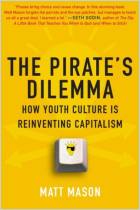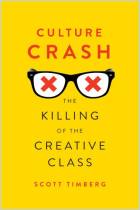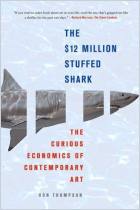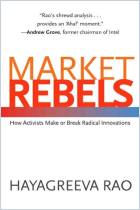
The Beach Beneath the Street
The Everyday Life and Glorious Times of the Situationist International
Read or listen offline
Amazon KindleRecommendation
McKenzie Wark – an artist, provocateur and professor at Manhattan’s New School for Social Research – offers a history of the avant-garde social and artistic movement known as the Situationists, and the group of eccentric people behind it. These 1950s and ’60s artists, writers, bohemians and alcoholics influenced political events, other artists and notions of what art is, beginning in their era and continuing until today. Because they made a point of never being pinned down to any ideology, the Situationists resist standard biography. Wark resists it, too. He begins with the antecedents of the Situationists, works through their endless internal feuds, details how they influenced art and social thinking, and abruptly ends by barely exploring the Situationists’ greatest glory, the Paris student uprising and workers’ strikes beginning in May 1968. The book derives its title from a slogan of the uprisings, combining the hard activism of the streets with the freedom and pleasure of a beach just underneath. Wark’s fractured attention span and devotion to stiff intellectual jargon – while quite Situationist – will frustrate those seeking a conventional history of avant-garde art movements and their effects. That said, getAbstract recommends Wark’s often hilarious chronicle to artists, writers and anyone interested in contemporary art or the political and artistic counterculture.
Summary
About the Author
McKenzie Wark also wrote A Hacker Manifesto, Gamer Theory and Molecular Red: Theory for the Anthropocene. He teaches at the New School for Social Research in New York City.


















Comment on this summary or Start Discussion